Trump’s tariffs are about to mess with your vacation in ways you never saw coming.
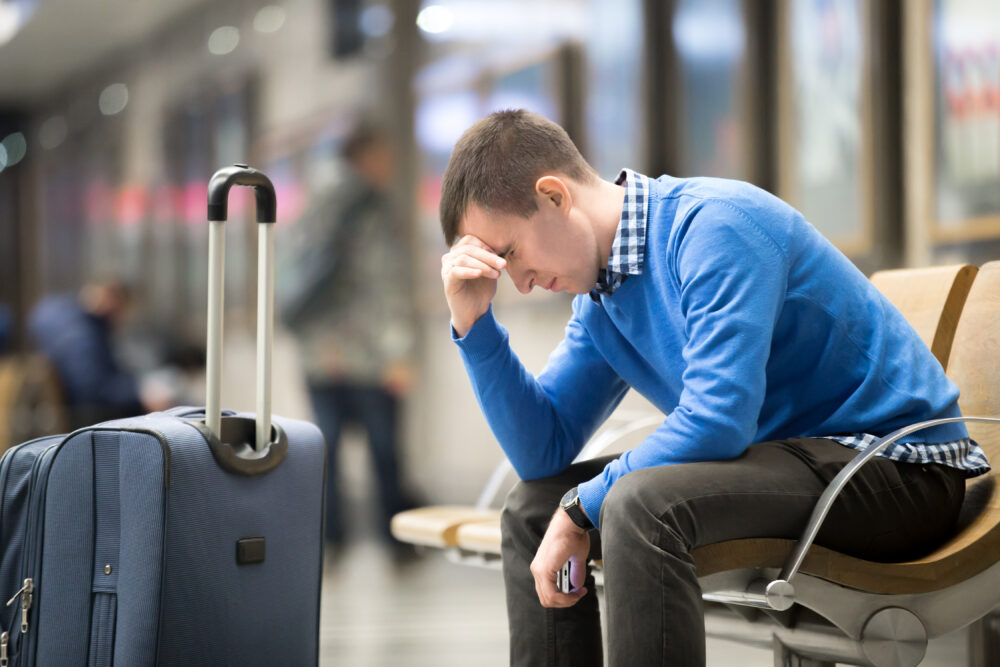
If you’re planning a trip anytime soon, Trump’s latest round of tariffs might throw a wrench in your travel plans—or, oddly enough, open up a few unexpected perks. While most people associate tariffs with politics and trade wars, they’re quietly shaping everything from what you pack to how much you spend on your next vacation. The ripple effects are real, and travelers are starting to feel them in surprising ways. Some changes could make your wallet groan, but others might actually work in your favor.
It’s not all doom and gloom, but it’s definitely not business as usual either. If you’re someone who loves hopping on planes, exploring new places, or just wants to know what’s going on behind the scenes of your next trip, it’s worth understanding how this all plays out. The pros and cons are piling up, and travelers are caught right in the middle of it all.
1. Higher domestic travel costs are on the horizon as tariffs push prices up across the board.
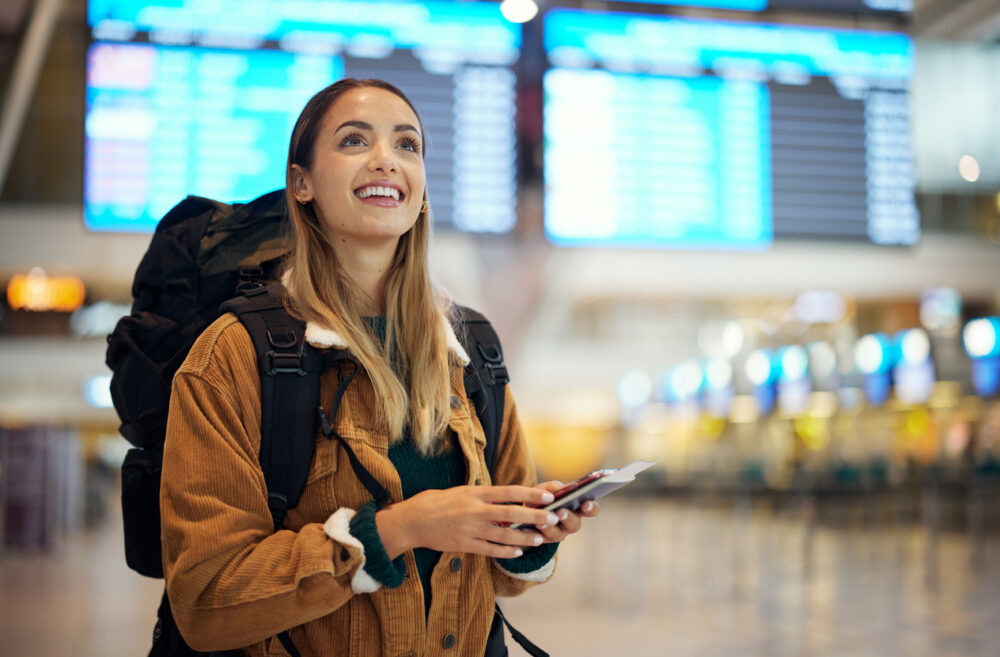
If you’re thinking about a staycation or a cross-country trip, don’t be surprised if it costs more than you remember. Tariffs on imported materials like steel, electronics, and even furniture are putting pressure on the very companies that make your travel experience possible, says Gordon Smith and other reporters writing for Skift. Hotels have to pay more to furnish rooms and keep up with tech. Airlines are facing higher costs to maintain equipment. Rental car agencies? Same deal, especially if their fleet relies on imported parts. All of those rising expenses eventually trickle down to you, the traveler.
So, while you’re booking that weekend getaway, you might notice a few extra digits on the price tag. It’s frustrating, especially when the reasons behind it feel a world away from your fun little trip. Still, understanding what’s driving those price jumps might soften the blow—or at least make it feel a little less random.
2. Increased airfare prices could quietly take a bite out of your travel budget.
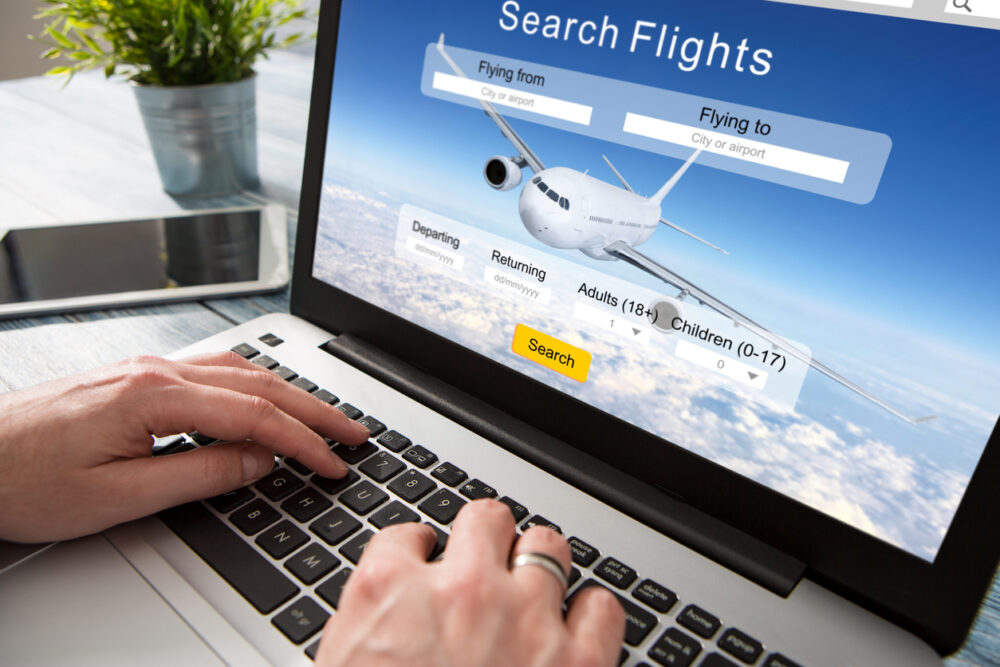
If your go-to airline suddenly feels more expensive, there’s a reason for it. Tariffs are causing ripple effects across the aviation industry, especially when it comes to parts and equipment. Aircraft components often come from multiple countries, and when tariffs are slapped on those imports, the cost of maintaining and operating planes jumps. Airlines don’t just absorb that hit—they pass it on to passengers. Report Zach Wichter and Nathan Dillerhat for USA Today, that means even short domestic flights could see noticeable price increases.
It’s not about upgrading your seat or flying during peak season anymore; it’s baked into the system. Travelers who fly frequently might feel it most, but even occasional flyers will notice fares inching up. It’s the kind of subtle change you might not connect to international trade at first—but your wallet will definitely notice the difference.
3. Reduced business travel might make airports feel emptier—but it’s not all good news.
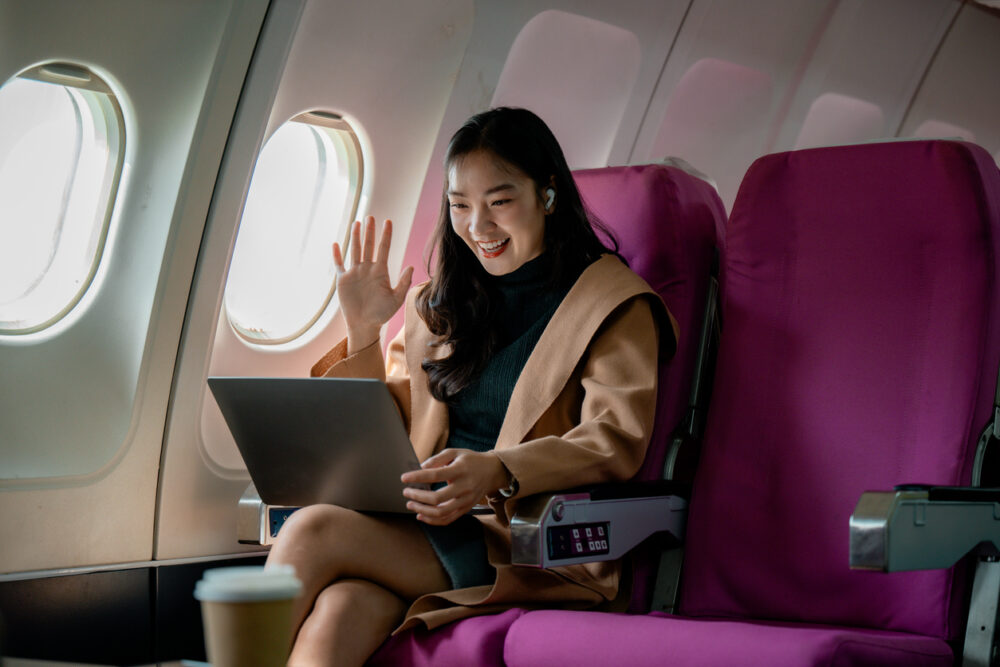
With economic uncertainty hovering like a cloud, companies are tightening their belts. Business travel budgets are often among the first things to get slashed when inflation creeps in, and tariffs are helping drive that inflation. Industries that rely heavily on global trade or imported materials are especially vulnerable. Fewer business trips mean fewer booked flights, hotel stays, and expense account dinners, according to Kelley R. Taylor in an article for Kiplinger. While that might make airports slightly less chaotic, it’s not exactly a win for the travel industry.
Less business travel can lead to lower airline profits, which in turn can result in fewer routes and reduced services. If you travel for work, you may find yourself on Zoom more often and on planes less. And if you don’t, the effects might still hit you in the form of trimmed-down travel offerings or companies passing their tightened margins onto leisure travelers.
4. A weakening U.S. dollar could make your international travel plans more expensive.
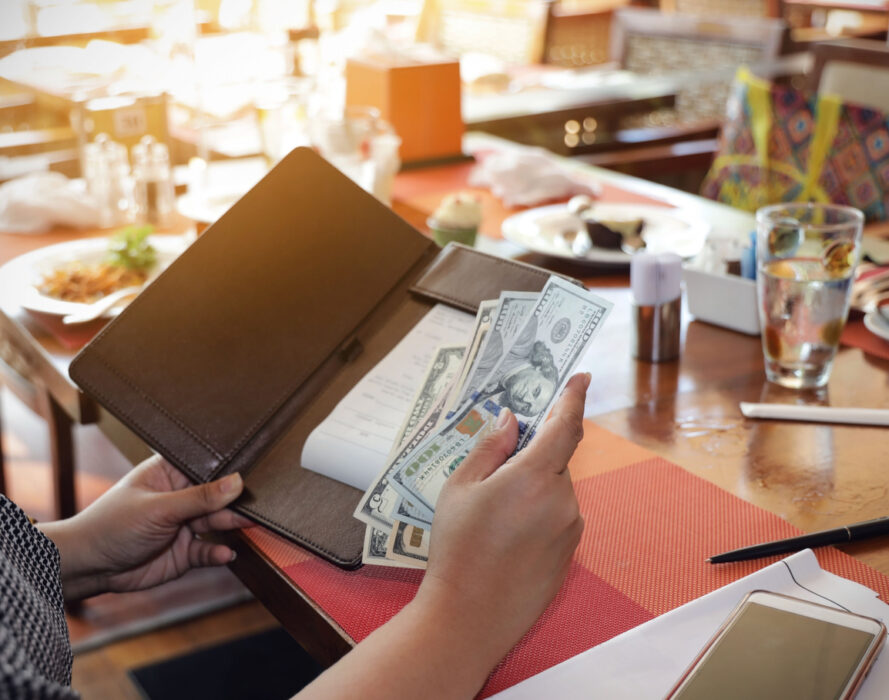
Hoping to score a deal on a European getaway? You might want to double-check those exchange rates. Despite earlier predictions that tariffs would boost the U.S. dollar, the opposite is happening. Concerns over rising inflation, potential recession, and shaken investor confidence are dragging the dollar down. In fact, the Bloomberg Dollar Spot Index just saw its worst single-day drop in over two years—down 1.5% on April 3, 2025—as global markets reacted to the new round of tariffs, writes Rita Nazareth in an article for Bloomberg. What does that mean for travelers? Your money won’t go as far abroad. Hotels, dining, and shopping in other countries could cost more than expected.
This shift hits hardest for travelers heading to places where the local currency is gaining strength. It’s frustrating when something like economic policy back home chips away at the value of your vacation savings, but knowing what’s going on helps you plan smarter—and maybe hold off until the dollar bounces back.
5. Retaliatory tariffs abroad could make foreign travel more expensive than expected.
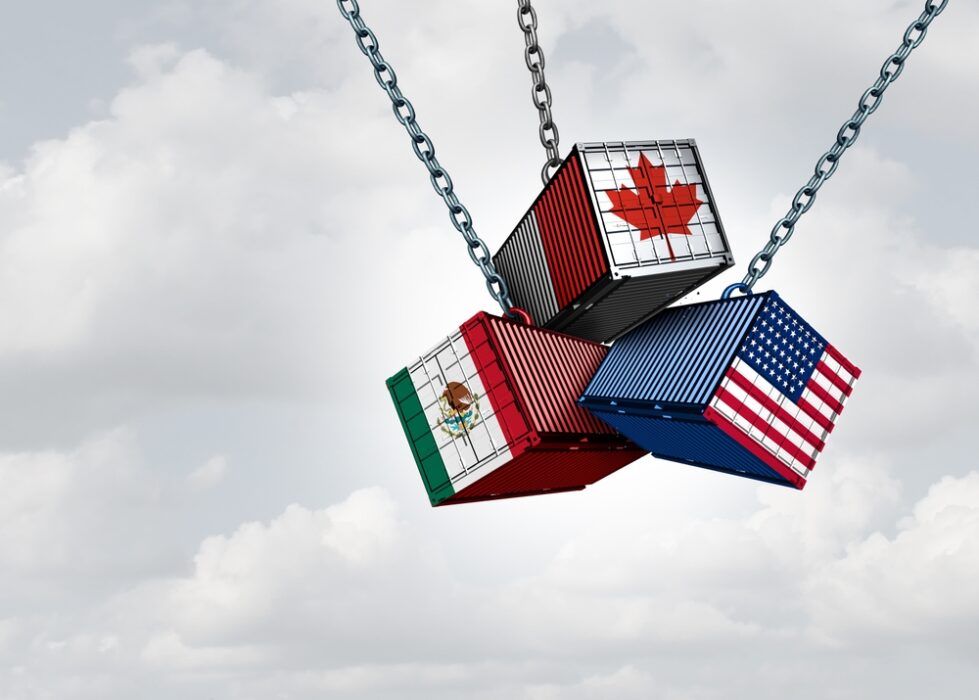
Don’t be surprised if international travel costs rise in unexpected places. Countries affected by U.S. tariffs are responding with tariffs of their own—often targeting U.S. goods and services. For travelers, that could mean inflated prices on everything from meals to hotel stays in countries like Canada or across Europe. Some destinations may even tack on new visa fees or taxes aimed specifically at American tourists.
While it’s not personal, it definitely feels that way when your vacation suddenly costs hundreds more than planned. Travel lovers who frequent countries with close economic ties to the U.S. might feel this shift more than others. The good news? Some countries may avoid retaliation entirely to protect their own tourism industry. The bad news? You won’t know until you’re halfway through your trip budget and wondering why your dinner costs twice as much.
6. Rental car price hikes are coming—and tariffs are driving the surge.

If you’ve noticed rental car rates creeping up lately, you’re not imagining things. A big reason is the 25% tariff on imported vehicles. Many rental companies rely heavily on foreign-made cars for their fleets—especially the fuel-efficient or compact models that travelers prefer. When it costs more to buy and maintain those vehicles, guess who ends up covering the difference? Yep, you.
This could be especially frustrating for road trip fans or anyone who prefers renting to using rideshare apps. Add in insurance and fees, and suddenly what used to be an affordable convenience becomes a budget-buster. It’s another example of how policies that seem far removed from everyday life still manage to impact your plans in a very real way.
7. Fewer flight options could leave you stranded—or paying more to get home.
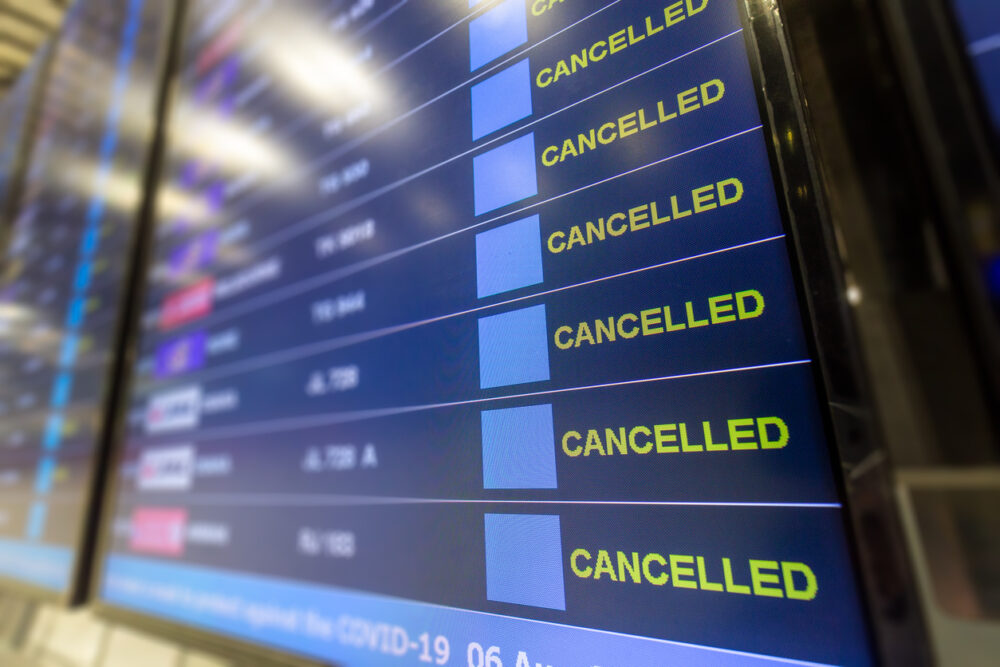
Some airlines are already trimming routes, and tariffs are partly to blame. As operating costs go up and international demand dips, carriers like United and Air Canada are cutting U.S.-bound flights. That means fewer choices for travelers, especially in smaller or mid-sized airports. If you’re used to hopping on a quick connector flight to reach a major hub, you might find your options disappearing—or becoming way more expensive. It’s not just about convenience, either.
Fewer routes can mean more crowded planes, longer layovers, or more red-eye flights. For anyone who values flexibility or has a tight travel schedule, this trend is a headache waiting to happen. It’s another domino in the chain reaction that tariffs are setting off throughout the travel world.
8. Discounts may pop up as international tourism declines—and savvy travelers could cash in.
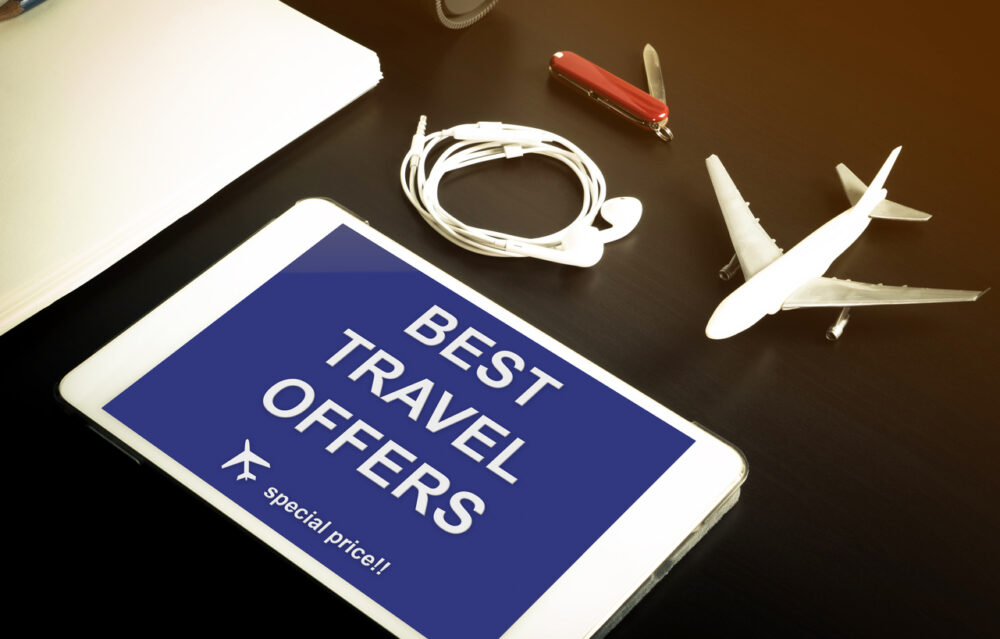
Here’s a perk worth watching: with international visitors projected to drop nearly 10%, some U.S. destinations are expected to sweeten the deal for domestic travelers. Hotels, attractions, and even tour companies that typically cater to foreign tourists are shifting gears—and lowering prices—to attract American visitors instead. That could mean flash sales, package deals, or upgrades you wouldn’t normally get. For travelers willing to take advantage of the timing, there may be some serious bargains to grab. It’s not all positive, of course.
A drop in foreign tourism also means fewer dollars circulating in local economies. But if you’ve got the flexibility to travel midweek or off-season, you might score a nicer room or better experience without the usual price tag.
9. Luxury travel could slow down as high earners pull back spending.

Trade wars tend to spook the markets, and when the stock market gets shaky, affluent travelers start to rethink those five-star getaways. Wealthier households—who make up a large chunk of U.S. travel spending—are more likely to pump the brakes when their portfolios take a hit. If you’re someone who enjoys splurging on upscale vacations, you might see fewer people doing the same. This could lead to lower demand for luxury accommodations, reduced flight upgrades, and fewer high-end travel packages overall.
For some, this means more availability and potential deals. But for the industry, it’s a warning sign. If high-end travelers pull back, many service providers will scale back offerings too. The ripple effect might eventually reach even those who don’t consider themselves luxury travelers at all.
10. Border-crossing complications could turn a smooth trip into a red-tape mess.
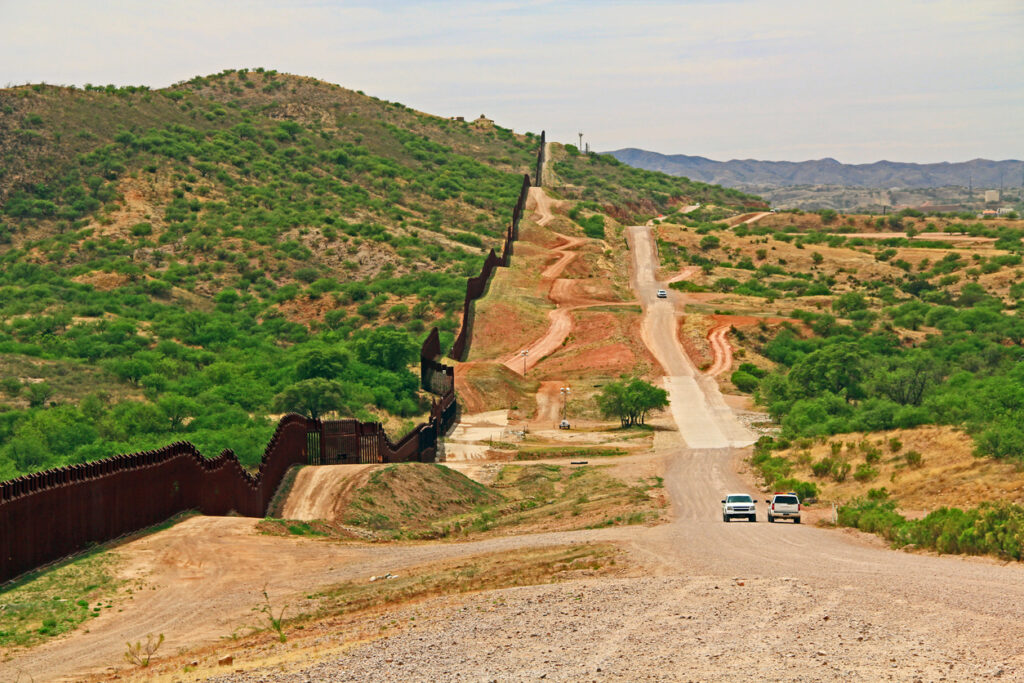
International travel isn’t just about hopping on a plane—it’s also about getting through borders efficiently. And tariffs have a way of straining relationships between countries, sometimes spilling over into how travelers are treated. You might run into longer wait times, stricter customs checks, or even new paperwork requirements when entering certain countries. It’s not always obvious why things are taking longer, but policy tensions often trickle down to the ground level.
Travelers heading to countries that have imposed retaliatory measures against the U.S. could be most affected. Even returning home could feel different if customs agents are under pressure to tighten procedures. If you hate bureaucratic hiccups, pack a little extra patience and prepare for things to move slower than usual.
11. Service quality may dip as the tourism industry takes a financial hit.
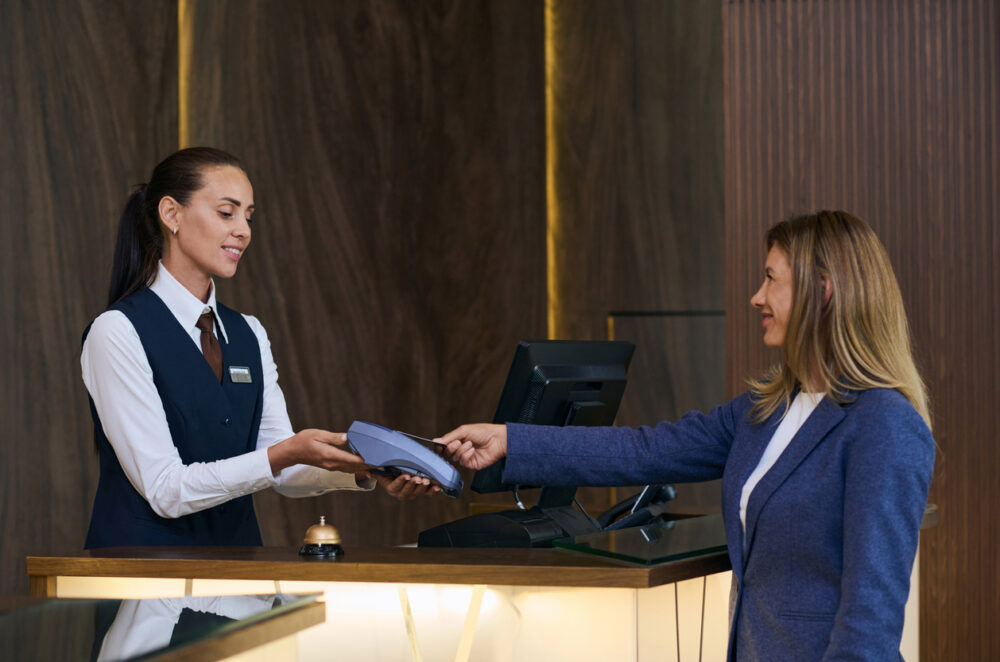
Hotels, restaurants, and tour companies don’t operate in a vacuum—they rely heavily on foreign tourist spending to keep things running smoothly. With an estimated $9 billion loss projected from reduced international tourism, many service-based businesses may be forced to cut staff, hours, or amenities. That means longer wait times at restaurants, fewer concierge services, and maybe less help when you need it most.
You might not notice it immediately, but the overall experience could feel a bit less polished. For travelers who value top-tier hospitality, that’s a tough pill to swallow. It’s not just about luxury either—everyday services could feel the squeeze. So while you might be scoring a deal on a room, don’t be shocked if it comes with fewer perks than you’re used to.
